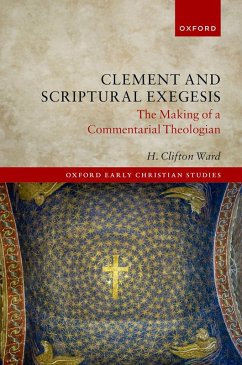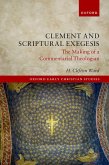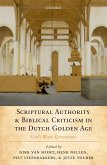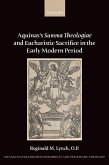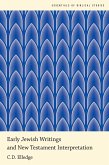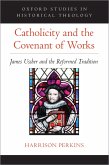How might one describe early Christian exegesis? This question has given rise to a significant reassessment of patristic exegetical practice in recent decades, and H. Clifton Ward makes a new contribution to this reappraisal of patristic exegesis against the background of ancient Greco-Roman education. In tracing the practices of literary analysis and rhetorical memory in the ancient sources, Clement and Scriptural Exegesis argues that there were two modes of archival thinking at the heart of the ancient exegetical enterprise: the grammatical archive, a repository of the textual practices learned from the grammarian, and the memorial archive, the constellations of textual memories from which meaning is constructed. In a new treatment of the theological exegesis of Clement of Alexandria-the first study of its kind in English scholarship-this study suggests that an assessment of the reading practices that Clement employs from these two ancient archives reveals his deep commitment to scriptural interpretation as the foundation of a theological imagination. Clement employs various textual practices from the grammatical archive to navigate the spectrum between the clarity and obscurity of Scripture, resulting in the striking conclusion that the figurative referent of Scripture is one twofold mystery, bound up in the incarnation of Christ and the higher knowledge of the divine life. This twofold scriptural mystery is discovered in an act of rhetorical invention as Clement reads Scripture to uncover the constellations of texts-about God, Christ, and humanity-that frame its entire narrative.
Dieser Download kann aus rechtlichen Gründen nur mit Rechnungsadresse in A, B, BG, CY, CZ, D, DK, EW, E, FIN, F, GR, HR, H, IRL, I, LT, L, LR, M, NL, PL, P, R, S, SLO, SK ausgeliefert werden.

